The launch of IIT Bombay’s Entrepreneurship Centre and Research Park in July is expected to give a fillip to the start-up culture that already pervades the institute
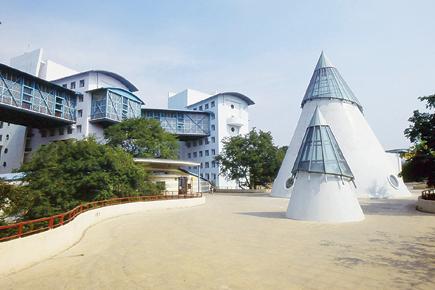
Powai valley, which makes news only when there is a leopard sighting, is about to undergo a huge shift. In the next decade or so the region may emerge as the country’s hotspot for entrepreneurial activity generating an endless supply of new technologies, new companies and new wealth. Come July and the Indian Institute of Technology Bombay (IITB) will launch its ambitious Entrepreneurship Centre and a sprawling R 100-crore Research Park that is expected to give a fillip to the start-up energy coursing through its environs.
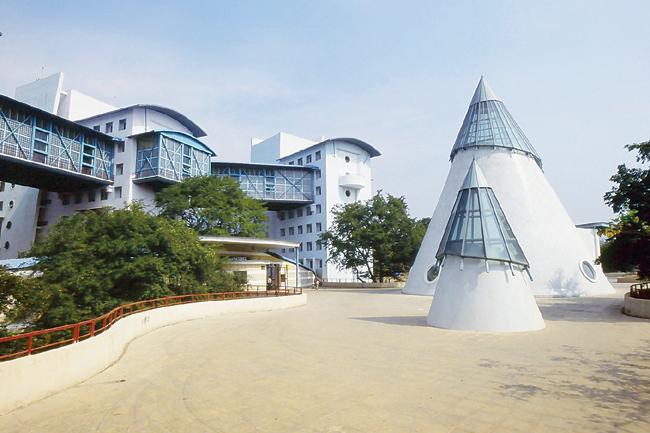
Hotbed of ideas: IIT-B is seen as an equivalent to Silicon Valley
ADVERTISEMENT
A walk down Powai avenue and there is no mistaking that the stage is set for a churning. Coffee shops have been invaded by the tech brigade, whose conversations steer around start-ups and nanotechnology. On the IIT campus too, enterprises are sprouting and attitudes changing. Twenty-two and 23-year-olds who believe anything is possible are starting ventures in rooms rented from the institute. Plus the recent success of companies like Housing.com and Ola Cabs, which are start-ups launched by former IITians, has thrust Powai into the limelight and given it the identity of a start-up hotbed.
Generous donations
Tapping into this frenzy, IIT-B’s Desai Sethi Centre for Entrepreneurship has received a generous fund of R 6 crore from Syntel co-founders Bharat Desai (1975 IIT B alumnus) and Neerja Sethi under the aegis of the DS Foundation (Desai Sethi Family Foundation). Another R 100 crore grant is expected from the Human Resources Development Ministry for the establishment of the Research Park. IIT itself will pump in R 5 crore for the facility.
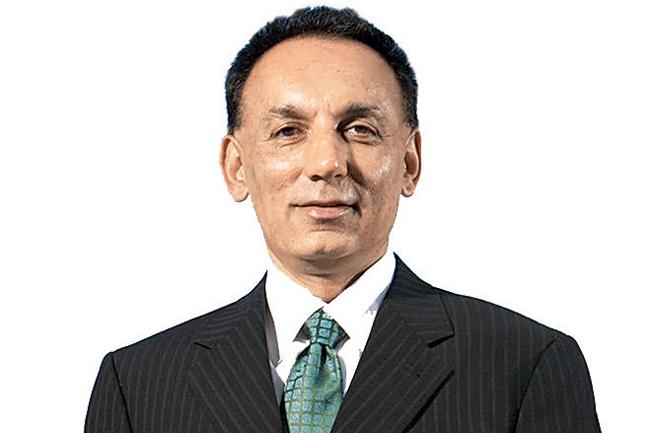
Fostering talent: Bharat Desai, co-founder & chairman, Syntel
“The idea is to develop the next generation of business leaders,” says Prof Devang Khakhar, Director, IIT-B. “The new facility will enable IITB to become the nucleus of entrepreneurship in the Powai Valley, similar to the role played by Stanford University in the Silicon Valley and MIT in Route 128.” Route 128 is a High Technology industry highway that developed around Boston, Massachusetts.
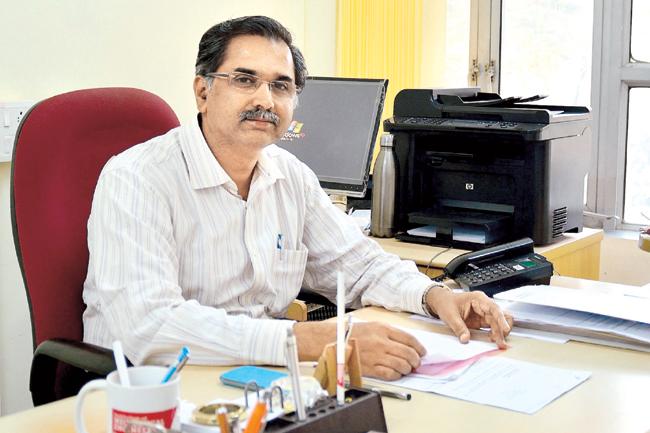
Bridging the gap: Prof Milind Atrey. Pic/Prashant Wayande
It may be recalled that from Hewlett-Packard to Google, from Apple to Intel — the many start-ups created in Silicon Valley came out of the special eco-system that was prevalent: Silicon Valley is a unique amalgam of academia, private sector and the US government’s research investment coupled with a population of entrepreneurs. But in all this Stanford University’s role as an incubator of technology is clear. In the last 50 years the University faculty and students have launched more than 1200 companies. Today more than 50 per cent of Silicon Valley’s product comes from companies of Stanford alumni.
Replicating success
And places around the world have tried to replicate the Valley’s success by creating start-up clusters of their own. IIT’s Entrepreneurship and Research Centre is one such effort. “The trigger already exists on the campus — students are incubating their ideas at the Institute’s Incubator. Only we need to leverage it now,’’ says Prof Anand Kusre, head of the IIT Entrepreneurship Cell.
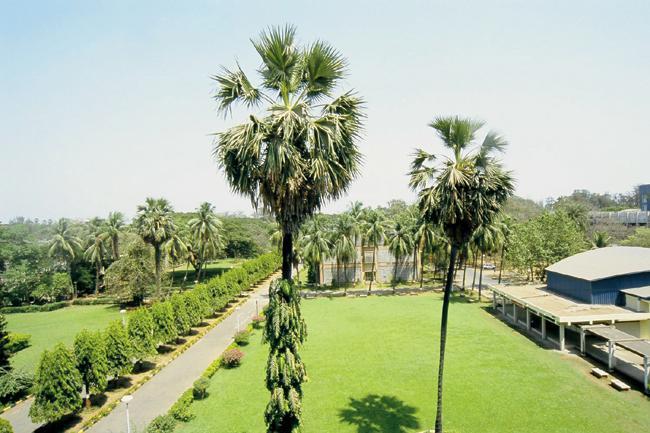
Green Thinking: Indian Institute of Technology, Bombay, at Powai
While the infrastructure for the Centre is in place, the over 2 lakh sq ft area Research Park that will house 200 research and development units of private companies and corporates on the periphery of the IIT campus is in progress.
According to Bharat Desai, founder of Syntel, IIT has always been a hotbed for innovative thinkers and the centre offers a new channel to convert breakthrough ideas into viable business ventures. “It’s going to be different from what is happening at cutting edge business schools in the country in that it will have technology as its base.’’
Emerging technologies like Nanotech, Biotech, Materials and Green Economy will get a thrust, says Prof Kusre.
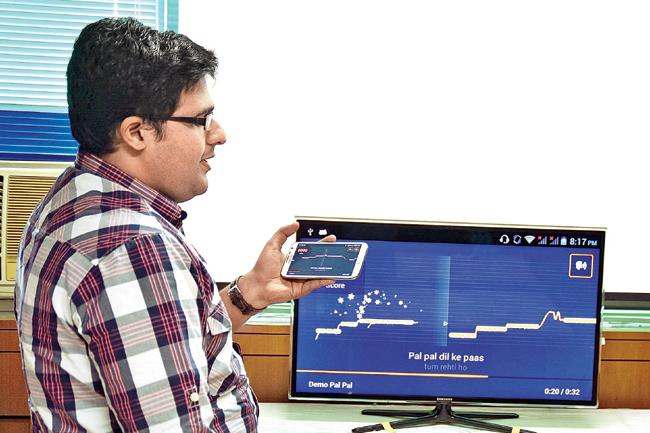
Hear, hear: SensiBol being demonstrated. PIC/Prashant Wayande
‘’Prototyping facilities and proof-of-concept testing will enable students to convert their ideas on paper into tangible products and services. Lab facilities will help to test and validate their concepts’’.
Moreover, for the first time IIT will throw open its programmes to outsiders as well. Two new programmes — a B Tech Minor in Entrepreneurship for undergraduates and a certificate programme for a PhD in Entrepreneurship — will be announced shortly.
Fresh ideas
The ambitious Research Park that will house R and D units of private companies incubating on fresh ideas will encourage a vibrant give-and-take between the institute, the students and the industry. “Corporates and industry will be working in close tandem with the IIT in their respective areas of research. Our lab facilities and intellectual capital will be available to them, but at a cost. Several MNCs and corporates are keen to pitch in’’, Kusre explains.
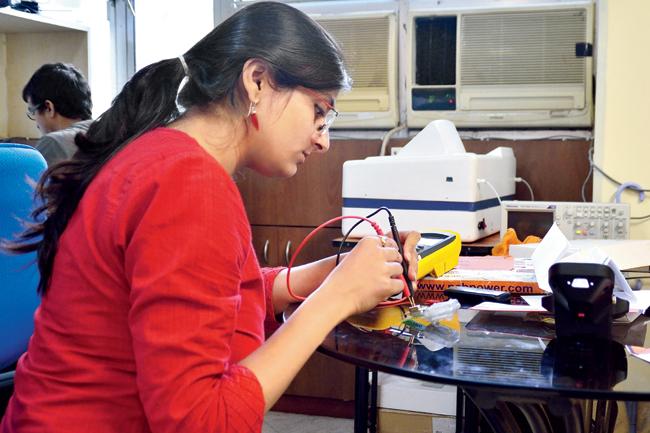
A new beat: The I Sense being tested in the Nanosniff Technologies lab. Pic/Prashant Waydande
At IIT’s incubator, where 17 companies started by IITians are running trials, the air is thick with excitement. Says Nehul Gullaiya, whose start-up Nanosniff Technologies Pvt Ltd, is in incubation mode, “The entrepreneurship centre and research park will make the eco-system very attractive for companies to come in. As it is we want to stay connected with the IIT for the state-of-the-art research and lab facilities and the mentorship. Plus there is a huge workforce of interns available in the form of students’’.
Adds Sachin Kumar, a fourth-year B Tech student who won the Eureka, Asia’s largest business plan competition, this year: “I am very excited because now we will be able to move our ideas from paper to prototypes and tangible products.’’ His B Plan for a small compact highly efficient solar energy lamp, ‘Idiya’ won the best price at the competition. Sachin and his partner Chandresh Kumar have already received a supply order for 70,000 units of ‘Idiya’ from South Africa, Namibia, Lesotho and Swaziland.
Future growth
The importance of the entrepreneurship centre for the future growth of industry cannot be stressed enough. In 1999, a team from the University of Texas had come-a-visiting to the Indian Institute of Management Ahmedabad (IIM-A), when they popped a question to the Institute’s Director, Jahar Saha: Why can’t India come up with an Apple or a Bill Gates? How could Gates create Microsoft out of nothing? What is it that India lacks? Is it ideas? Despite the presence of venture capitalists, why are things not moving the way they should? Addressing itself to these queries, IIM-A, in the course of its discussions with innovators across the board, discovered that the problem did not lie on the ideas front. Instead it was the absence of an intermediary or an incubator-like-facility that could enable innovators to bring their ideas to fruition that was the hitch. An idea needs to be nurtured through various stages before it gets fully executed. This requires infrastructure, guides and mentors, research and data facilities, technology labs to test feasibility, networking, marketing and organisational support among other things.
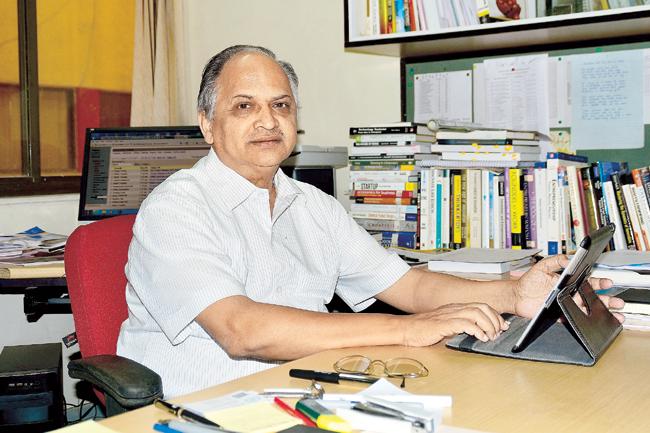
Innovation trigger: Prof Anand Kusre. Pic/Prashant Waydande
Moreover, even though students on the campus are bustling with ideas, they lack the necessary knowhow on finance and cash flows, marketing, business plans, team work, communication skills, etc. The centre hopes to bridge the gap, says Prof Milind Atrey, who heads the institute’s Society for Innovation and Entrepreneurship which houses the incubator facility.
The sound of music
SensiBol Audio Technologies
Imagine a software device that tells you just how well you sing in a detailed analytical sort of way? Well that’s exactly what Sensibol specialises in.
Started by a bunch of IIT students, the company is currently running trials for an audio technology and software that analyses your singing talent.
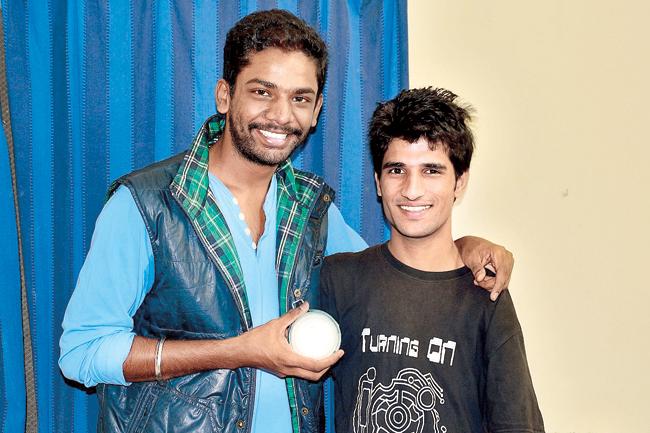
Lead, Kindly light: Chandresh Kumar and Sachin Kumar with their invention, the solar-powered lamp ‘Idiya’. Pic/Prashant Waydande
According to founder-director Dr Vishweshwara Rao, ‘’ we extract information from the audio with a system that tells us how well you sing by analysing it on various counts. It has tremendous application in the music entertainment industry. Like for instance, the auditions of the Indian Idol are flooded with entries. The software can be used to shortlist the better entries and eliminate the really bad ones thereby saving on time and effort’’.
The start up is currently in the process of signing deals with two big music company labels and a TV music channel worth Rs 50 lakh each.
SensiBol was started with a one crore investment from Indian Angels in return for an equity. And now it’s scaleable.
Health at heart
Nanosniff Technologies Pvt Ltd
Can we detect a heart attack just before it happens? ‘I Sense’, an infarction detection device, will soon hit the markets if the field trials of this start-up are anything to go by. Says Nehul Gullaiya, chief operating officer, Nanosniff Technologies, “We are almost on the verge of launching it. There are several markers and machines in the market today that can help indicate that you are a perfect candidate for a heart attack, but none really that will tell you that you are just about to have one.’’
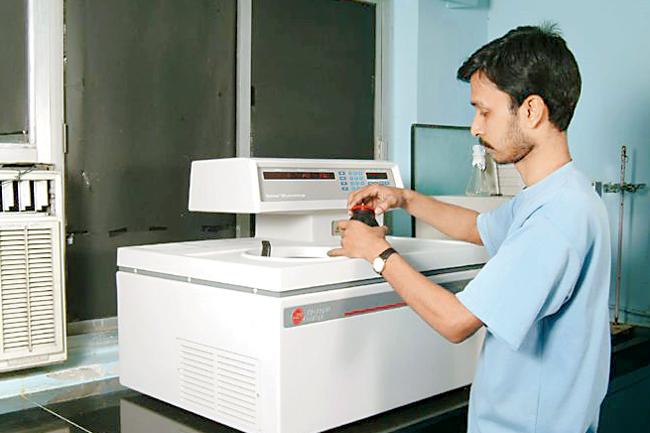
The company started by a group of IITians specialises in devices like sensors and Integrated Circuits or ICs. ‘’Thanks to the 200 crore Nano technology Research facility available at IITB, we’ve been able to innovate and come up with this new device’’.
He explains that Nanotechnology will be the next big thing the world over. They will shortly also be launching a new device to detect bombs and explosives which will be available for the Indian Army, the National Security Guard, and the police.
Boosting innovation
The Desai Sethi Entrepreneurship Centre and The IIT Research Park features:
>> R 6 crore from Syntel co-founders Bharat Desai and Neerja Sethi
>> Rs 100 crore grant from HRD Ministry for the Research Park
>> The centre will launch new undergraduate, post-graduate and PHd diploma programmes in entrepreneurship. These will include courses in innovation and creativity, growing start up, entrepreneurial marketing, new venture creation, valuation of new ventures, lean start-ups, etc.
>> Research labs in various disciplines to enable students to innovate
>> The centre will provide mentorship, micro-grants and networking opportunities
>> The courses will leverage renowned faculty from international institutes
>> New programmes in emerging technology areas like Biotech, Nanotech, Materials and Green Economy.
>> Proof of Concept Testing will enable students to quickly convert their ideas into tangible products and services
>> Networking and alliances with academic institutions and agencies across the world.
>> The Research Park will be spread across a sprawling 2 lakh sq ft area space on the periphery of the IIT campus and will house over 200 R and D units.
>> Private companies and corporates will collaborate with IIT for research facilities, mentorship, intellectual capital and interns from the student pool, but at an expense.
 Subscribe today by clicking the link and stay updated with the latest news!" Click here!
Subscribe today by clicking the link and stay updated with the latest news!" Click here!







